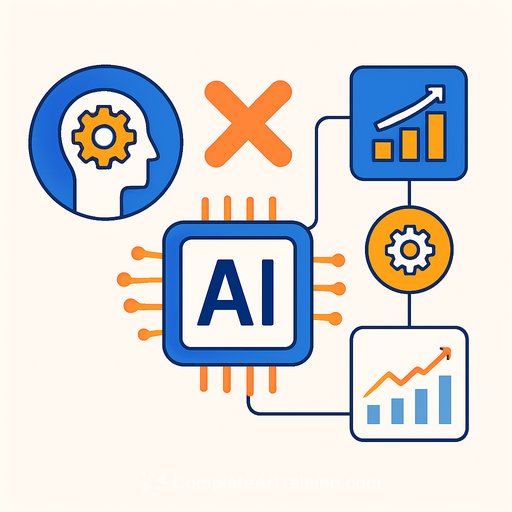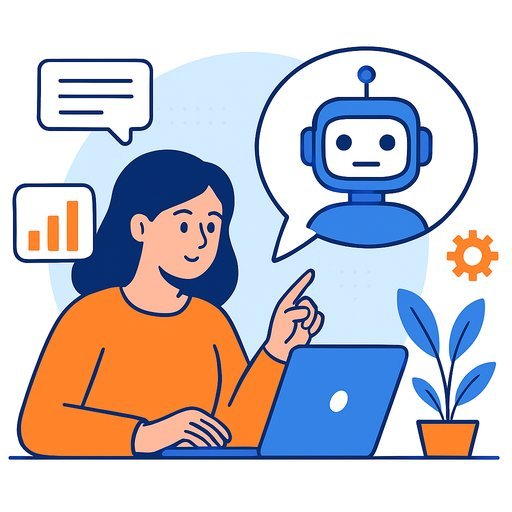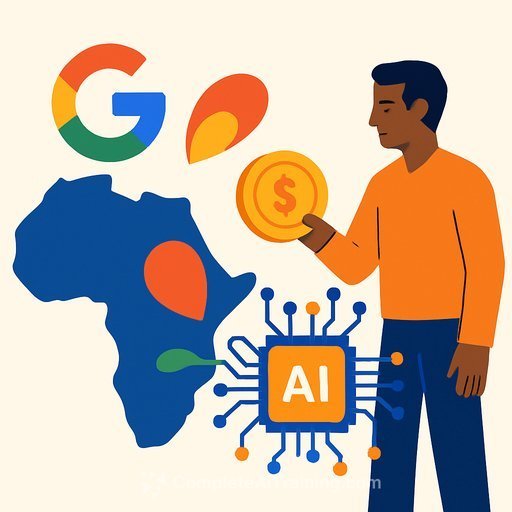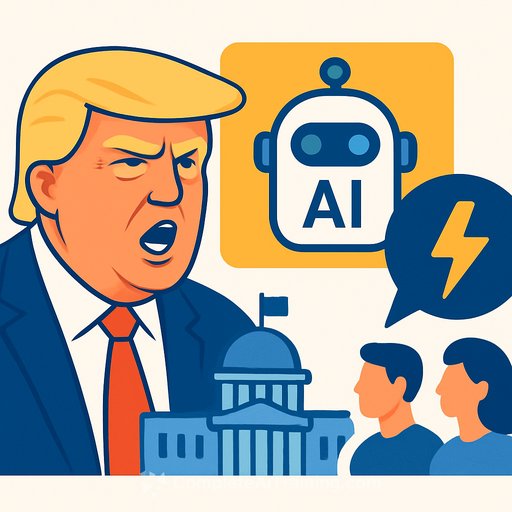Meta Plans to Replace Human Risk Assessors with AI
Meta is reportedly moving toward automating its safety assessment processes by replacing human risk assessors with artificial intelligence. Internal documents reviewed by NPR reveal that the company intends to automate up to 90% of the evaluations that have traditionally been handled by human analysts.
These assessments, known as privacy and integrity reviews, evaluate potential harms linked to new technologies, algorithm updates, and safety features across Meta's platforms. Historically, human analysts have been responsible for these critical tasks. However, the upcoming system will rely heavily on AI bots to make instant risk decisions based on submitted questionnaires from product teams.
Expanding AI's Role in Safety Decisions
Meta had initially stated that AI would only assess low-risk releases. Now, AI is being used more broadly, including in areas related to AI safety, youth risk, and content integrity. This includes moderating misinformation and violent content, where engineering teams will gain increased decision-making authority.
Automating these processes may help speed up app updates and developer releases, aligning with Meta's efficiency goals. However, insiders warn this shift could increase risks, potentially compromising billions of users' data privacy and safety.
Concerns Over Risks and Human Rights
Meta's Oversight Board has highlighted the risks involved in reducing human oversight. In April, the Board released decisions that both supported Meta's approach to controversial speech and criticized its content moderation policies.
The Board emphasized the need for Meta to assess any adverse effects these automated changes might have on human rights globally. Particular attention is urged for regions facing crises such as armed conflicts, where automated policy violation detection could have uneven or harmful consequences.
Changes in Fact-Checking and Content Moderation
In the same month, Meta ended its human fact-checking program, shifting to crowd-sourced Community Notes and greater reliance on content-moderating algorithms. These algorithms have a track record of missing or incorrectly flagging misinformation and violating content policies.
This move raises questions about the reliability and fairness of AI-driven moderation, especially as automated systems take on more responsibility without human checks.
What This Means for IT and Development Professionals
- Automation of risk assessments signals a shift in how tech companies handle safety and content moderation, emphasizing speed but raising questions about accuracy and ethics.
- Developers and product teams may need to adapt to faster feedback loops driven by AI-generated risk decisions.
- Understanding AI's role in these processes can help IT professionals anticipate changes in platform policies and compliance requirements.
- Those interested in AI automation and its impact on tech safety might find relevant training opportunities useful to stay ahead.
To explore practical AI courses that cover automation and AI tools relevant to safety and content moderation, visit Complete AI Training - Automation Courses.
Your membership also unlocks:






